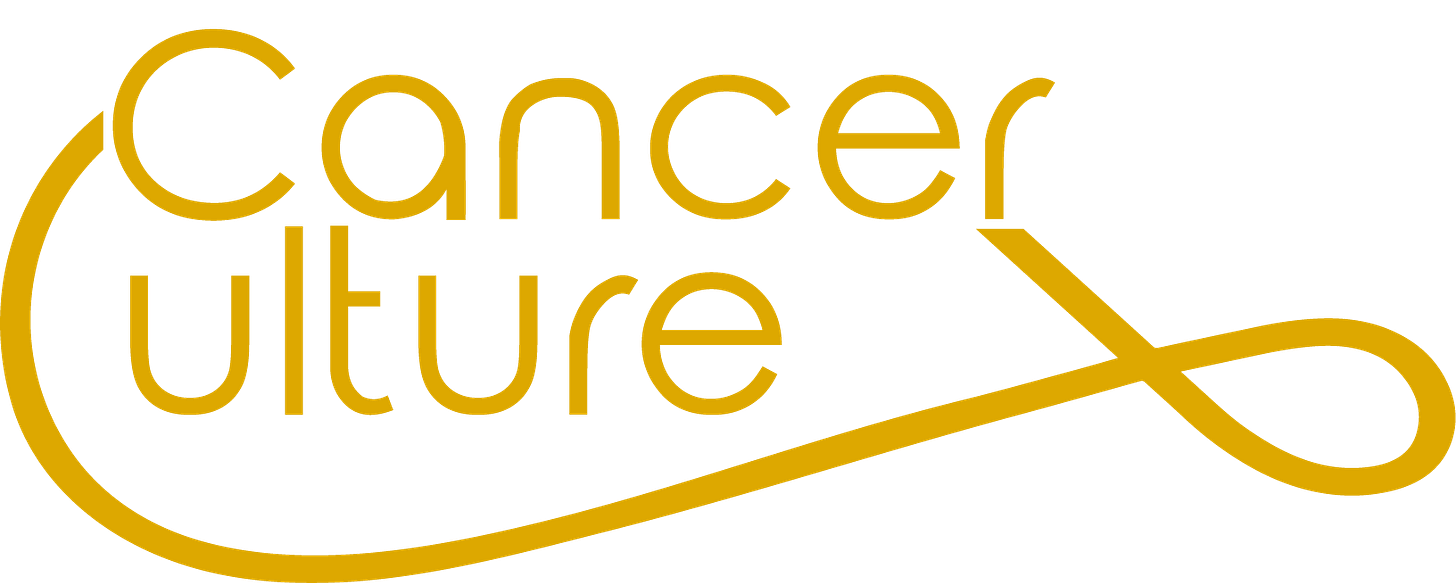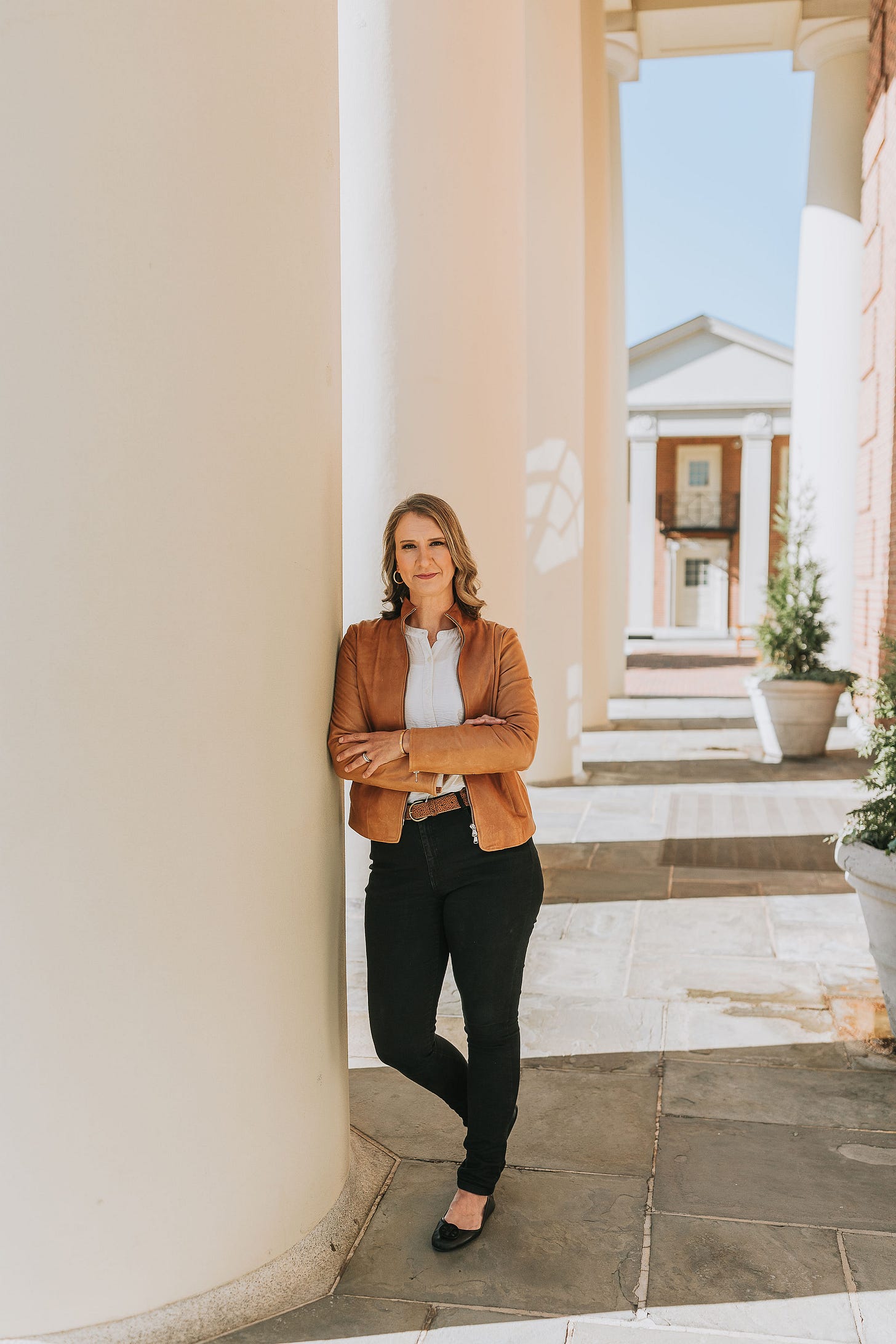Welcome to Cancer Culture. This is a much-needed safe space to examine a topic that is difficult and even scary sometimes to discuss. I strive to give you my best takes on what doctors know and don’t know in a world that too often seems intent to brush aside questions or feed into fears.
I’m Dr. Stacy Wentworth, a radiation oncologist and cancer survivorship expert who has spent the last decade listening to and treating patients just like you. I’ve practiced in big cities like Baltimore and small towns in North Carolina. You may think that those are very different places, and, in some ways, you are correct. In my experience, however, the brave people sitting in any cancer center waiting room have the same concerns and questions. And so do the people around them.
Working in so many places has given me a chance to hear and discuss what people believe about cancer. Through this weekly newsletter, I want to bring this conversation out of the exam room and into your inbox, so we can explore where our beliefs came from, who influences them, and, when necessary, what we can do to change them.
I felt a good way to talk about this was in the context of culture. People who study this tell me that culture conveys our shared beliefs through spoken and unspoken norms. I have become aware of cancer culture as it is experienced, shaped and understood by patients, caregivers, doctors, nurses, researchers, organizations, and well basically everyone. Probably you are the same. What older relatives did or did not talk say about cancer may have impacted you at a young age. Or perhaps you just watched a TikTok that makes you wonder whether the pain you feel might be "The Big C.”
Culture hides much more than it reveals, and strangely enough, what it hides, it hides most effectively from its own participants.
-- American anthropologist Edward T.Hall
In my case, cancer culture prompts strangers on airplanes to invariably respond “Oh. That must be so depressing” when I tell them what I do. And why I grit my teeth at gatherings when someone shares a new cancer diagnosis and at least one person jumps in with a story of the painful death of a neighbor’s husband’s best friend’s uncle from the exact same cancer. Or why a patient worries that she has ruined her chance at cure after a well-meaning friend shames her for eating ice cream because sugar will definitely make her cancer grow. What prompts these responses?
Cancer culture also invites conspiracy theories including that the government has the cure for cancer and the hope that homeopathic remedies can prevent or cure many cancers. Long histories of structural misogyny and racism in medicine breed distrust can prevent entire populations from benefiting from the latest scientific breakthroughs.
With all of this in mind, I have to ask: is this culture around cancer working for us? From what I’ve observed, I’m not sure it is. What we think we know about cancer is usually different than what it really is. And it’s difficult to talk about the space between knowing and being because, well, cancer is scary. With the number of cancer survivors expected to double over the next 20 years, however, cancer is not going away anytime soon, and we need to find a way to talk about it. I hope that’s why you’re here.
So again, welcome to the conversation and I look forward to being here with you. I hope you will share your thoughts and invite a friend. We are all in this together.




